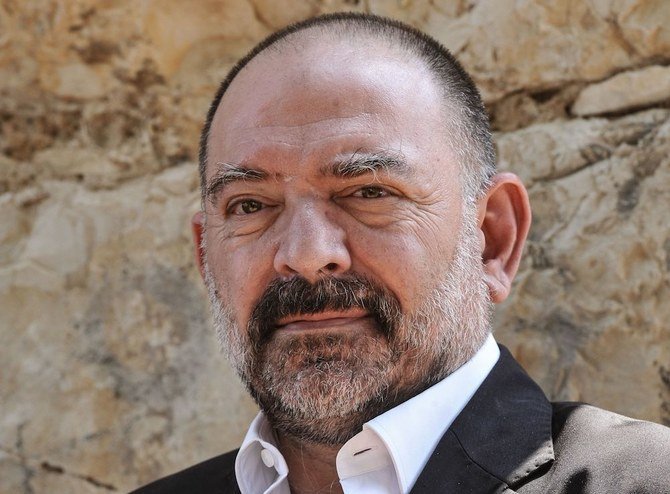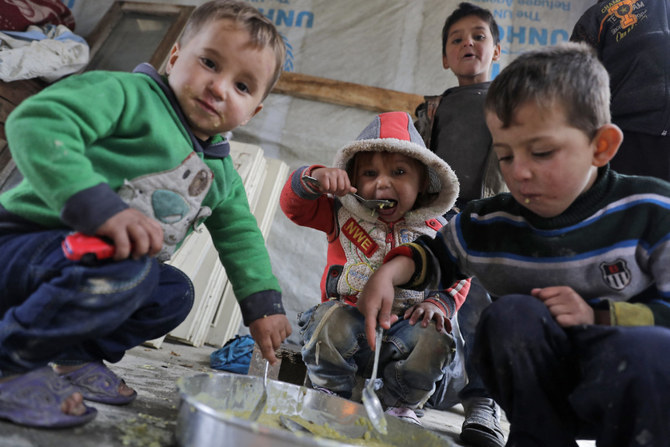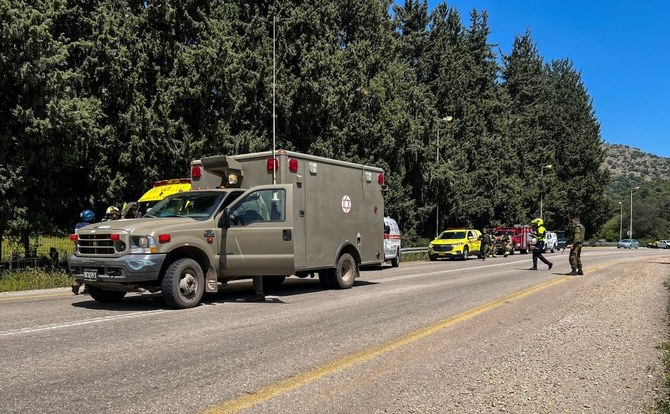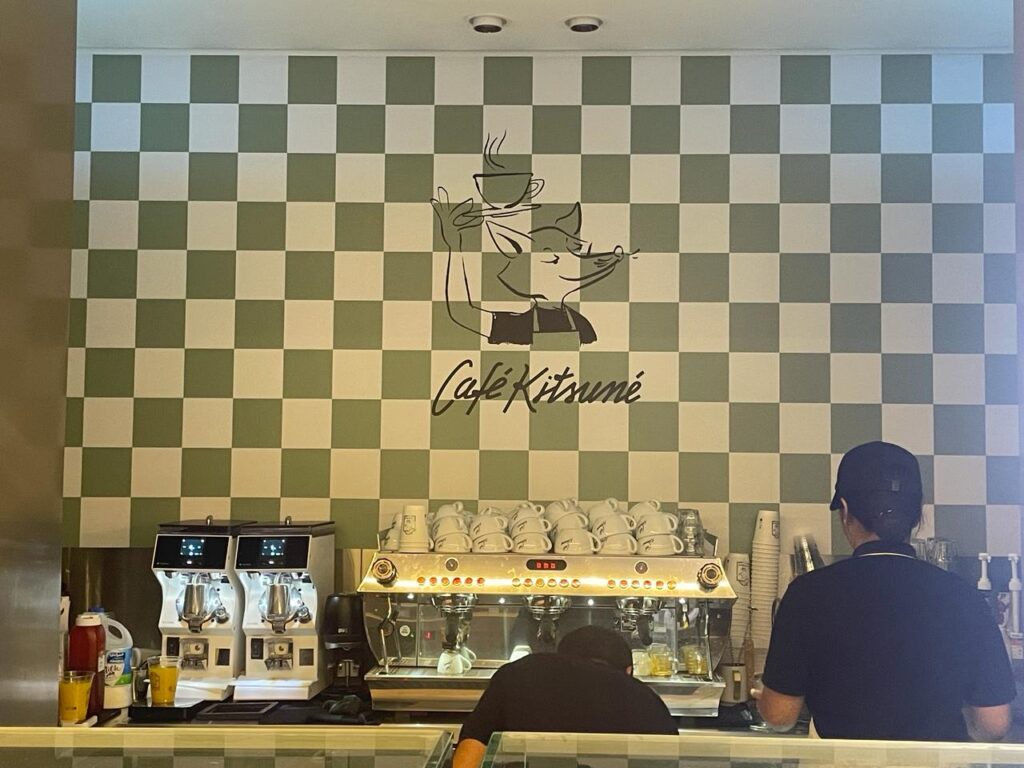Najia Houssari
BEIRUT: The family of a murdered Lebanese anti-Hezbollah activist is refusing to bury him until specialist tests determine how he was killed and whether he was tortured.
Luqman Salim’s family is awaiting the report of a doctor hired to examine his body.
Salim, an outspoken critic of Hezbollah, was found shot dead in his rented car in the Zahrani area of southern Lebanon early on Thursday.
He had been reported missing the previous day while returning from visiting friends in the southern village of Niha.
Salim, a leading secular voice in Lebanon’s Shiite community, had been routinely threatened because of his stance against Hezbollah.
The activist’s sister, author Rasha Al-Ameer, told Arab News on Friday that his body had been moved from a hospital in the south of Lebanon to a private hospital in Beirut.
She claimed the initial coroner’s report lacked detail, and was “handwritten and unreliable officially.”
“They killed Luqman, and the timing of his burial no longer matters,” she added.
Al-Ameer said the family is refusing to be silenced.
“The killer is known, and it is known who controls the area where my brother was killed. They wanted to silence him. They have been trying for 15 years. But we will not be silenced,” she said.
The family plans to erect a shrine in the garden of Salim’s home in Ghobeiry, a southern suburb of Beirut.
“Will they dare enter the garden to sabotage the shrine?” asked Al-Ameer.
“They have tried to force us from our home and out of this area because we do not speak their language, the language of death. Luqman loved the language of life. They will not force us out,” she said.
Al-Ameer said that Salim’s elderly mother had been left broken-hearted by news of her son’s killing.
“They stomped on my mother’s heart. She lived in this area, helped people and did good deeds. Despite that, people from the sect she served killed her son.”
Security investigations into the assassination continued on Friday amid growing condemnation of the killing and calls for justice.
Former MP Fares Souaid said: “Lebanon is controlled by Hezbollah, and the party has to provide answers. If Hezbollah does not reveal who killed Salim, we will continue to accuse the party.”
Melhem Khalaf, head of the Beirut Bar Association, called for Lebanon’s judiciary to show courage, saying: “There is no tranquility for the people. Justice now for the spirit of Salim and for all the innocent victims.”
Ret. Brig. Gen. George Nader said that Salim’s killing was an attempt to intimidate anti-Hezbollah groups that refuse to fall silent.
“Let them kill whoever they want. It is not possible to back down or be afraid,” he said.
Civil activists also said that they will organize protests against the killing.
US Ambassador to Lebanon Dorothy Shea described Salim’s assassination as “barbaric.”
In a statement, she said that Salim acknowledged threats had been made against his life, and yet bravely continued to push for justice and the rule of law.
“This assassination was not just a brutal assault on an individual, but a cowardly attack on the principles of democracy, freedom of expression and civic participation. It is also an attack on Lebanon itself,” she said.
Shea called for “an urgent investigation of this and other recent unresolved killings so that the perpetrators of these acts are brought to justice, in a country that so desperately needs to recover from the multiple crises it faces.”
She said that “political assassinations send exactly the wrong signal to the world about what Lebanon stands for.”
In an article published on the Al-Arabiya website on Thursday, journalist Mona Al-Alami wrote that Salim had been killed because he uncovered Hezbollah’s “internal fabric and intricate web-like network.”






















